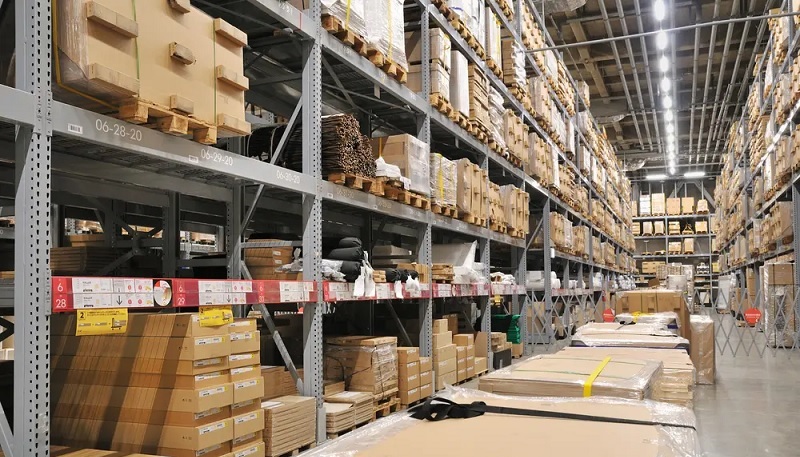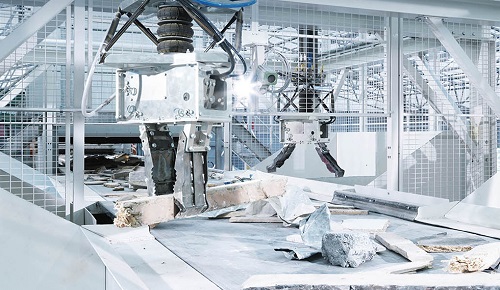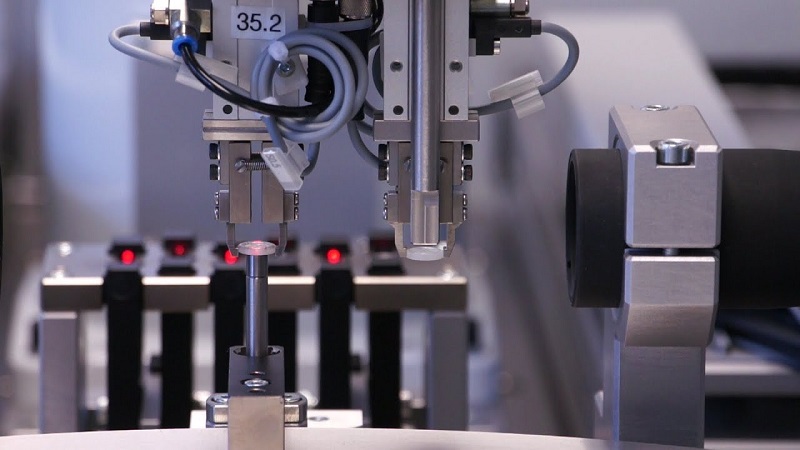In the realm of manufacturing, automation has emerged as a game-changer, revolutionizing production processes and significantly reducing waste generation. Automated production lines not only enhance efficiency and productivity but also have a profound impact on cost reduction and environmental sustainability. In this feature, we delve into the ways in which automation mitigates waste in manufacturing, focusing on its ability to decrease production costs and its overall environmental impact.
1. Enhanced Efficiency and Cost Reduction
Automated production lines optimize efficiency by minimizing human error, reducing downtime, and streamlining manufacturing processes. With the implementation of robotics, machine learning, and artificial intelligence, repetitive and time-consuming tasks can be performed rapidly and accurately, resulting in higher production rates and reduced waste. By reducing the need for manual intervention, automation minimizes errors that can lead to defective products and material wastage. Additionally, automation enables predictive maintenance, ensuring machinery operates optimally, reducing unplanned downtime and maintenance costs.
2. Precision and Quality Control
Automated systems provide unparalleled precision and quality control throughout the manufacturing process. Through sensors, cameras, and data analytics, automated production lines can monitor and inspect products in real-time, detecting defects and deviations from quality standards with exceptional accuracy. By identifying and removing faulty items early in the production process, automation minimizes waste generated from defective or non-compliant products. This precision not only reduces waste but also improves customer satisfaction by delivering consistently high-quality products.
3. Inventory Management and Just-in-Time Manufacturing
Automation facilitates efficient inventory management and the implementation of just-in-time (JIT) manufacturing principles. By integrating automated systems with inventory control software and real-time data analysis, manufacturers can accurately forecast demand, monitor stock levels, and synchronize production with customer orders. This synchronized approach minimizes excess inventory, reduces the likelihood of obsolete stock, and prevents overproduction. As a result, waste associated with excess inventory and disposal of unsold products is significantly reduced.
4. Resource Optimization and Waste Minimization
Automated production lines optimize the utilization of raw materials and resources, reducing waste generation. By leveraging advanced technologies, such as machine learning algorithms and sensors, automation can precisely control material inputs, minimizing overconsumption and material waste. Additionally, automation enables real-time monitoring of energy usage, facilitating energy-efficient production processes and reducing environmental impact. Optimized resource utilization not only reduces waste but also lowers production costs, contributing to long-term sustainability.
5. Environmental Impact and Sustainability
Automation’s impact on the environment extends beyond waste reduction. By optimizing production processes and minimizing waste generation, automated production lines contribute to a smaller carbon footprint. Automated systems can optimize energy consumption, implement eco-friendly practices, and reduce the need for environmentally harmful materials. Furthermore, automation allows for the integration of renewable energy sources into manufacturing processes, further reducing reliance on fossil fuels and mitigating greenhouse gas emissions. This combination of waste reduction and environmental consciousness positions automation as a key driver of sustainable manufacturing practices.

Automated Inventory Managment System

Automating baking increases capacity and reduces waste

Robotics in recycling industry

360° surface inspection for quality contrl
Automated production lines have transformed manufacturing, providing substantial benefits in waste reduction, cost reduction, and environmental sustainability. Through enhanced efficiency, precision quality control, optimized resource utilization, and reduced inventory waste, automation streamlines production processes, resulting in minimal waste generation and improved profitability. Furthermore, by optimizing energy consumption and promoting sustainable practices, automation aligns manufacturing with environmental goals. Embracing automation technologies paves the way for a future where waste is minimized, costs are reduced, and environmental impact is significantly diminished.